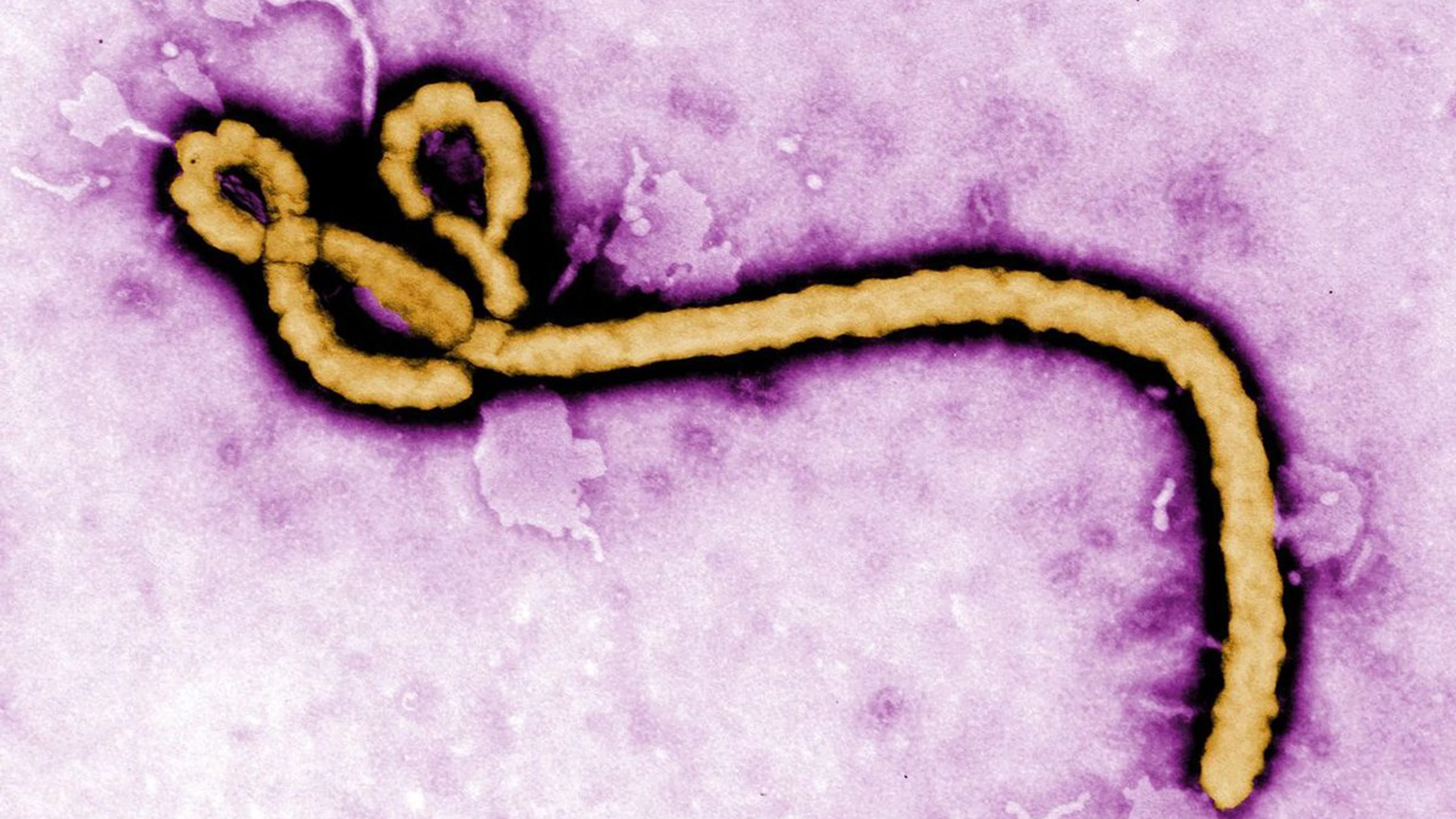CEPI seeks to fund new innovations for broad protection against Ebola and other deadly Filoviruses

- Could combining single Filovirus vaccine candidates offer broader protection?
- Innovative antigen design could target several viruses.
- New vaccines needed for longer-term prevention as well as for outbreak response.
OSLO and BRUSSELS, June 4th, 2024– CEPI is seeking researchers with fresh ideas for developing new vaccines that could protect against the deadly haemorrhagic fever viruses Ebola and Marburg as well as other pathogens in the Filovirus family.
In a call for proposals that receives support from the European Union’s Horizon Europe programme, the Coalition for Epidemic Preparedness Innovations aims to fund between three and five new Filovirus vaccine projects with a total of €50 million over five and a half years. Interested researchers should submit their proposals here by 4th August 2024.
Broadly protective Filovirus vaccines could be developed by combining existing vaccines effective against a single Filovirus, or by designing cross-protective antigens. The aim is to use the future vaccines in preventive vaccination campaigns in regions where different Filoviruses emerge, protecting populations at risk from the deadly diseases caused by these viruses. Licenced vaccines protect only against the Zaire strain of the Ebola virus.
The project also includes funding for designing and testing several immunogens against a wide range of viruses with outbreak potential in the Filovirus family as part of a vaccine development library central in CEPI’s 100 Days Mission. CEPI and the EC are looking for scientists who can design cross-protective antigens against several viruses or virus strains that can be combined with rapid response vaccine platforms to generate vaccines candidates for further development.
“Science has reached a stage where we can finally hope to develop a broadly protective vaccine against deadly viruses like Ebola and Marburg. For people living in areas where these dreadful diseases occur regularly, preventive vaccination would be huge leap forward in securing their lives, said In-Kyu Yoon, Acting Executive Director for Research and Development of the Coalition for Epidemic Preparedness Innovations. “CEPI was established in response to the devastating Ebola outbreak in West Africa in 2014-15, which makes this call for proposal particularly close to our history and mission. A broadly protective filovirus vaccine will be a milestone in epidemic preparedness.”
The European Commission’s Laurent Muschel, Head of HERA, and Irene Norstedt, Director, DG Research and Innovation said: “The EU has significantly supported research into filoviruses like Ebola and Marburg viruses, in particular following the large Ebola outbreak in West-Africa in 2014-2016. This new call for proposals managed by CEPI, with a focus on vaccines that provide broad protection, is a logical step forward in advancing our capacity to be prepared and ready to fight these deadly viruses which are serious threats to public health.”
Filoviruses like Ebola and Marburg are endemic in many countries of the central African region and can cause severe haemorrhagic fever in people. The fatality rate can be as high as 90 percent. Read more about Filoviruses on the CEPI website.
About CEPI:
CEPI is an innovative partnership between public, private, philanthropic and civil organisations. Its mission is to accelerate the development of vaccines and other biologic countermeasures against epidemic and pandemic threats so they can be accessible to all people in need. CEPI has supported the development of more than 50 vaccine candidates or platform technologies against multiple known high-risk pathogens or a future Disease X. Central to CEPI’s pandemic-beating five-year plan for 2022-2026 is the ‘100 Days Mission’ to compress the time taken to develop safe, effective, globally accessible vaccines against new threats to just 100 days.
About Horizon Europe:
Horizon Europe — #HorizonEU — is the European Union's flagship Research and Innovation programme, part of the EU-long-term Multiannual Financial Framework (MFF) with a budget of EUR 95,5bn to spend over a seven-year period (2021-2027). Under Horizon Europe, health research will be supported with the aim to find new ways to keep people healthy, prevent diseases, develop better diagnostics and more effective therapies, use personalised medicine approaches to improve healthcare and wellbeing, and take up innovative health technologies, such as digital ones.
Contact:


.webp)